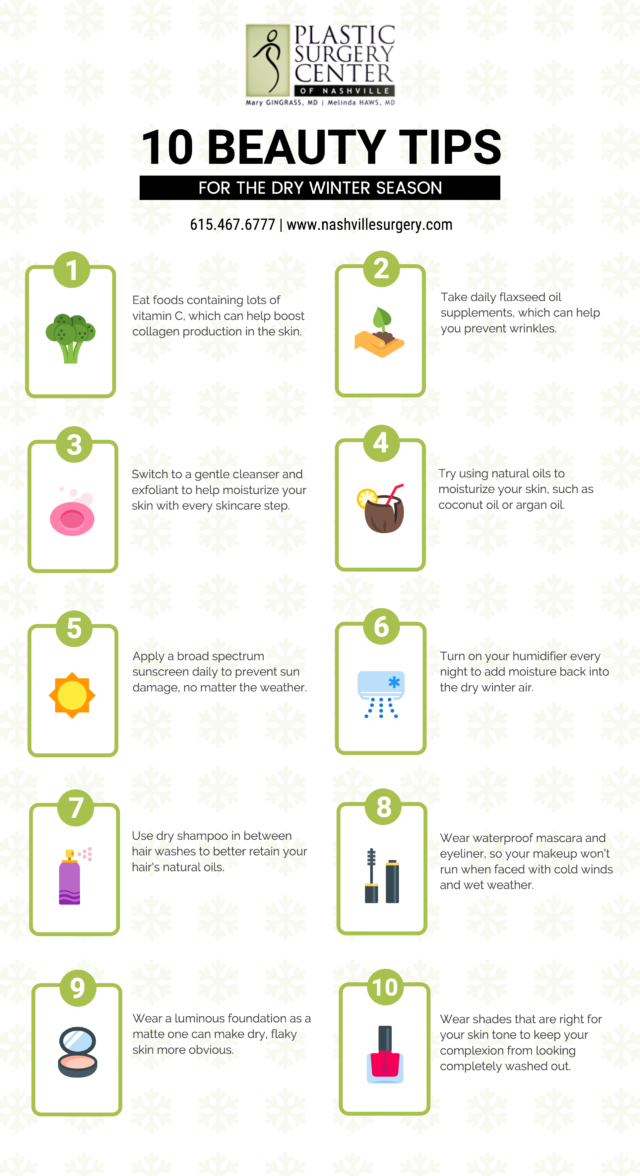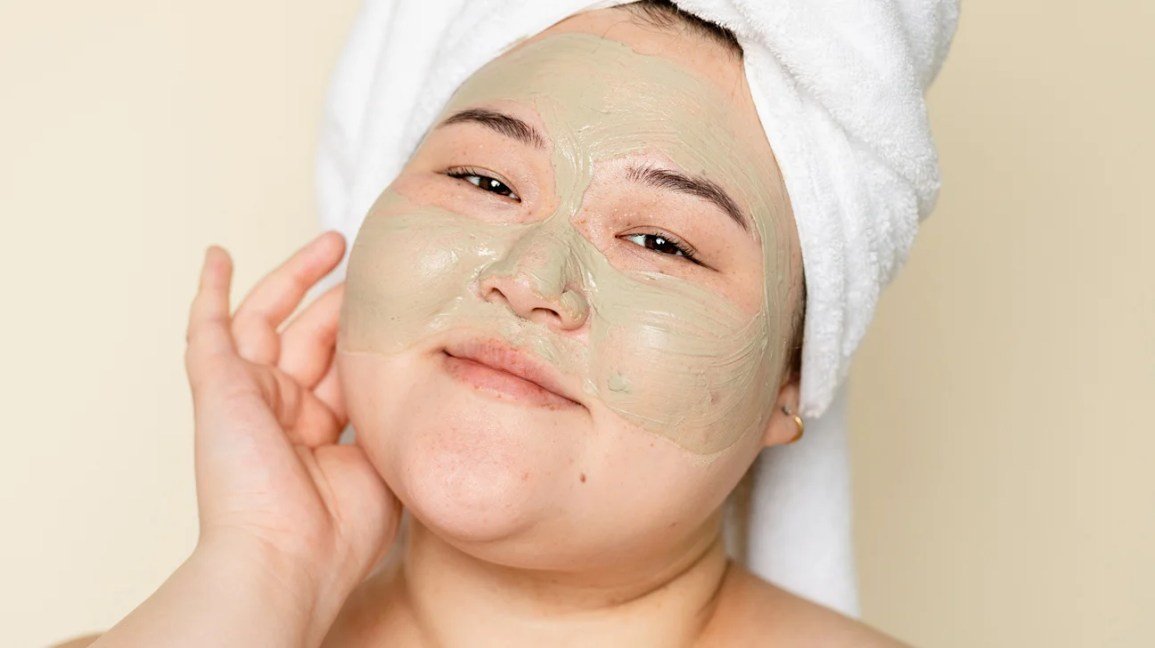Use a gentle cleanser and apply a hydrating moisturizer daily. Drink plenty of water to keep skin hydrated.
Dry skin can be uncomfortable and unsightly, often leading to itchiness and flakiness. Maintaining proper hydration is crucial for keeping your skin smooth and supple. Choose skincare products specifically formulated for dry skin, which help restore moisture and prevent further dryness.
Ingredients like hyaluronic acid, glycerin, and ceramides are beneficial. Avoid hot showers and harsh soaps that strip natural oils. Exfoliate gently once a week to remove dead skin cells and improve moisture absorption. Eating a balanced diet rich in omega-3 fatty acids also promotes healthy skin. Regularly applying sunscreen protects your skin from harmful UV rays, which can exacerbate dryness. Prioritize these tips to achieve and maintain glowing, hydrated skin.
Causes Of Dry Skin
Understanding the causes of dry skin is essential. Various factors contribute to this common issue. Let’s explore these causes to keep your skin healthy.
Environmental Factors
Environmental factors play a big role in dry skin. Cold weather, low humidity, and wind strip moisture from the skin. Heating systems also dry the air indoors, affecting skin hydration.
Below is a table showing common environmental factors and their impact:
| Environmental Factor | Impact on Skin |
|---|---|
| Cold Weather | Reduces natural oils |
| Low Humidity | Decreases moisture levels |
| Wind | Strips skin of moisture |
| Indoor Heating | Dries out the air |
Lifestyle Choices
Lifestyle choices significantly affect skin hydration. Daily habits can either help or harm your skin. Poor diet, insufficient water intake, and excessive washing are common culprits.
Consider these key lifestyle factors:
- Diet: Lack of essential fatty acids and vitamins.
- Hydration: Not drinking enough water daily.
- Skin Care: Using harsh soaps and hot water.
- Smoking: Reduces blood flow, affecting skin moisture.
Addressing these factors can improve skin health. Make small changes to see big results.
Daily Skincare Routine
Maintaining a daily skincare routine is essential for dry skin. It helps keep your skin hydrated and smooth. Follow these steps to achieve healthy and glowing skin.
Cleansing
Cleansing is the first step in any skincare routine. Use a gentle, hydrating cleanser. Avoid harsh soaps that strip natural oils. Look for cleansers with glycerin or hyaluronic acid. These ingredients help retain moisture.
- Use lukewarm water, not hot, for washing.
- Gently massage the cleanser into your skin.
- Rinse thoroughly and pat dry with a soft towel.
Moisturizing
Moisturizing is crucial for dry skin. Choose a rich, creamy moisturizer. Look for products with ceramides, shea butter, or squalane. These ingredients lock in moisture and protect the skin barrier.
- Apply moisturizer immediately after cleansing.
- Use upward strokes to massage it into your skin.
- Don’t forget to moisturize your neck and chest.
Here is a quick comparison of some recommended ingredients:
| Ingredient | Benefit |
|---|---|
| Glycerin | Hydrates and smooths skin |
| Hyaluronic Acid | Retains moisture |
| Ceramides | Reinforces skin barrier |
| Shea Butter | Deeply moisturizes |
| Squalane | Softens and hydrates |
Hydrating Ingredients
Dry skin can be a real challenge, especially during the colder months. The right hydrating ingredients can make all the difference. These ingredients help lock in moisture, keeping your skin soft and supple. Let’s dive into some of the best hydrating ingredients for dry skin.
Hyaluronic Acid
Hyaluronic Acid is a superstar in the skincare world. It can hold up to 1000 times its weight in water. This makes it perfect for hydrating dry skin.
Here are some benefits of Hyaluronic Acid:
- Keeps your skin hydrated.
- Reduces the appearance of fine lines.
- Makes your skin look plump and youthful.
Hyaluronic Acid is found in many serums and moisturizers. Apply it to damp skin for best results.
Glycerin
Glycerin is another fantastic ingredient for dry skin. It is a humectant, which means it draws moisture from the air into your skin.
Here are some benefits of Glycerin:
- Hydrates your skin deeply.
- Creates a protective barrier on your skin.
- Improves skin elasticity.
Glycerin is often found in lotions, creams, and soaps. It is gentle and suitable for sensitive skin.
| Ingredient | Benefits |
|---|---|
| Hyaluronic Acid |
|
| Glycerin |
|
Home Remedies
Dry skin can be uncomfortable and often leads to itching and flaking. Fortunately, there are simple home remedies that can help. These remedies are easy to make and cost-effective. Let’s explore some effective solutions for dry skin.
Honey Masks
Honey is a natural humectant. It helps retain moisture in the skin. To make a honey mask, follow these steps:
- Take two tablespoons of raw honey.
- Apply it evenly on your face.
- Leave it on for 15-20 minutes.
- Rinse off with lukewarm water.
Use this mask twice a week for soft and smooth skin. Honey’s antibacterial properties also help keep skin healthy.
Aloe Vera Gel
Aloe Vera is known for its soothing properties. It can help moisturize dry skin. Follow these steps to use Aloe Vera:
- Extract fresh Aloe Vera gel from the leaf.
- Apply it directly on your dry skin areas.
- Let it sit for 20 minutes.
- Rinse it off with water.
For best results, use Aloe Vera gel daily. It helps reduce redness and irritation.
These home remedies for dry skin are easy and effective. They use natural ingredients to nourish and hydrate your skin.
Diet And Hydration
A balanced diet and proper hydration are key to managing dry skin. Eating the right foods and drinking enough water can help your skin stay healthy and moisturized. Here are some essential tips for keeping your skin hydrated through diet.
Water Intake
Drinking plenty of water is crucial for maintaining skin hydration. Aim to drink at least 8 glasses of water a day. This helps to keep your skin cells hydrated and flush out toxins. Carry a water bottle with you to ensure you’re drinking enough throughout the day.
Nutrient-rich Foods
Eating foods rich in vitamins and minerals can improve your skin’s health. Focus on including these foods in your diet:
- Fruits and Vegetables: High in vitamins A, C, and E, these help maintain skin elasticity.
- Omega-3 Fatty Acids: Found in fish, flaxseeds, and walnuts, they reduce inflammation and keep skin moisturized.
- Nuts and Seeds: Rich in vitamin E, they protect skin from damage and dryness.
Below is a table that lists some nutrient-rich foods and their benefits for dry skin:
| Food | Key Nutrient | Benefits for Skin |
|---|---|---|
| Salmon | Omega-3 Fatty Acids | Reduces inflammation |
| Spinach | Vitamin E | Protects skin cells |
| Carrots | Vitamin A | Improves skin texture |
| Oranges | Vitamin C | Boosts collagen production |
Eating a balanced diet and staying hydrated can significantly improve dry skin. Make these foods a regular part of your meals for healthier skin.

Credit: www.theplasticsurgerycenterofnashville.com
Avoiding Irritants
Avoiding Irritants:
Harsh Soaps
Choose gentle soaps with moisturizing properties.
Synthetic Fragrances
Avoid products with artificial scents that may irritate dry skin.
Seasonal Care Tips
Dry skin needs special care through the year. Different seasons bring different challenges. Here are some seasonal care tips to keep your skin healthy and hydrated.
Winter Protection
Winter can be harsh on dry skin. Cold air and indoor heating dry out your skin. Here are some tips to protect your skin during winter:
- Use a Humidifier: Keep indoor air moist.
- Apply Thick Moisturizer: Use creams instead of lotions.
- Avoid Hot Showers: Use lukewarm water instead.
- Wear Layers: Protect your skin from cold winds.
- Drink Water: Stay hydrated from inside.
Summer Hydration
Summer heat can also dry out your skin. Sun exposure and sweat can lead to dehydration. Follow these tips for summer hydration:
- Use a Light Moisturizer: Opt for gel-based products.
- Apply Sunscreen: Protect your skin from UV rays.
- Stay in Shade: Avoid direct sunlight during peak hours.
- Wear Breathable Fabrics: Choose cotton over synthetic materials.
- Drink Plenty of Water: Aim for at least 8 glasses a day.
By following these seasonal care tips, you can maintain healthy, glowing skin all year round.

Credit: in.pinterest.com
Professional Treatments
Dry skin can be challenging to manage. Professional treatments can provide relief. They hydrate and rejuvenate the skin. Let’s explore some effective professional treatments.
Dermatologist Advice
Dermatologists offer tailored treatments for dry skin. They can prescribe moisturizing creams and ointments. These products contain ceramides and hyaluronic acid. Both ingredients lock in moisture. Dermatologists may also recommend topical steroids. These reduce inflammation and redness.
Sometimes, they suggest phototherapy. This treatment uses UV light to heal the skin. It can improve severe dryness. Chemical peels are another option. They remove dead skin cells. This allows new, healthy skin to surface.
Spa Treatments
Spas offer various treatments for dry skin. Hydrating facials are popular. They use moisturizing masks and serums. This deeply hydrates the skin. Another option is microdermabrasion. This treatment exfoliates the skin. It removes dead skin cells and promotes new cell growth.
Body wraps are also effective. They involve wrapping the body in moisturizing products. These can include aloe vera and honey. Body wraps hydrate the skin deeply.
Here’s a table summarizing some treatments and their benefits:
| Treatment | Benefits |
|---|---|
| Moisturizing Creams | Lock in moisture |
| Topical Steroids | Reduce inflammation |
| Phototherapy | Heal severe dryness |
| Hydrating Facials | Deeply hydrate the skin |
| Body Wraps | Moisturize the body |
These professional treatments can transform dry skin. Consult with a dermatologist or visit a spa. They can help you find the best solution for your skin.

Credit: www.benleemd.com
Frequently Asked Questions
What Is The Best Skin Routine For Dry Skin?
For dry skin, the best routine includes gentle cleansers, hydrating serums, rich moisturizers, and SPF protection. Avoid harsh products and over-exfoliation. Drink plenty of water and use a humidifier for added moisture.
What Make Is Good For Dry Skin?
Brands like Cetaphil, CeraVe, and Neutrogena are great for dry skin. They offer hydrating and gentle products. Choose creams with hyaluronic acid or ceramides for extra moisture.
How To Remove Dry Skin On Face?
To remove dry skin on your face, gently exfoliate with a scrub. Moisturize daily with a hydrating cream. Use a humidifier at home. Drink plenty of water. Avoid hot showers and harsh soaps.
What Are The Don’ts For Dry Skin?
Avoid long hot showers. Refrain from using harsh soaps. Don’t skip moisturizer. Avoid excessive exfoliation. Stay away from alcohol-based skincare products.
Conclusion
Dry skin can be managed with proper care and the right beauty tips. By following a consistent skincare routine and incorporating hydrating products, you can improve your skin’s moisture levels. Remember to stay hydrated, protect your skin from harsh elements, and consult a dermatologist for personalized advice.
Embrace these tips for healthy, glowing skin.
